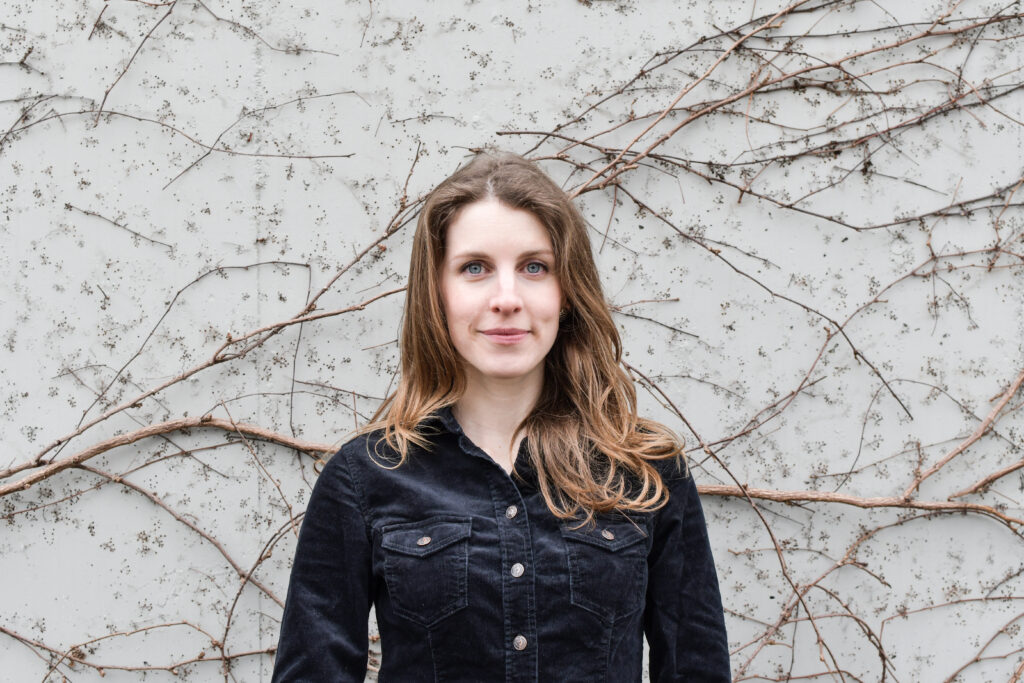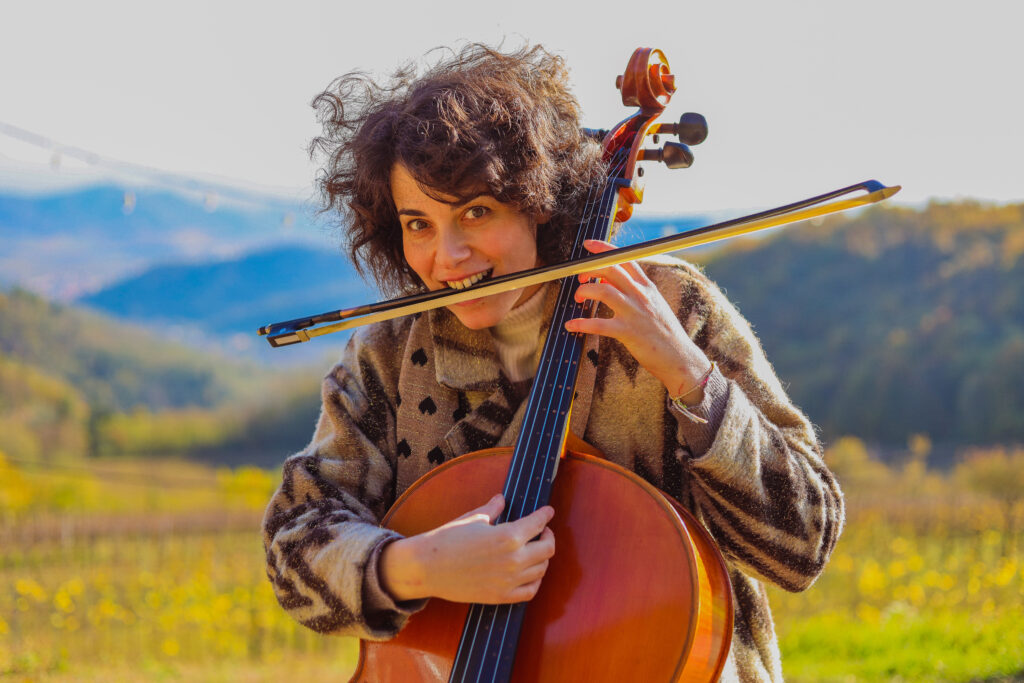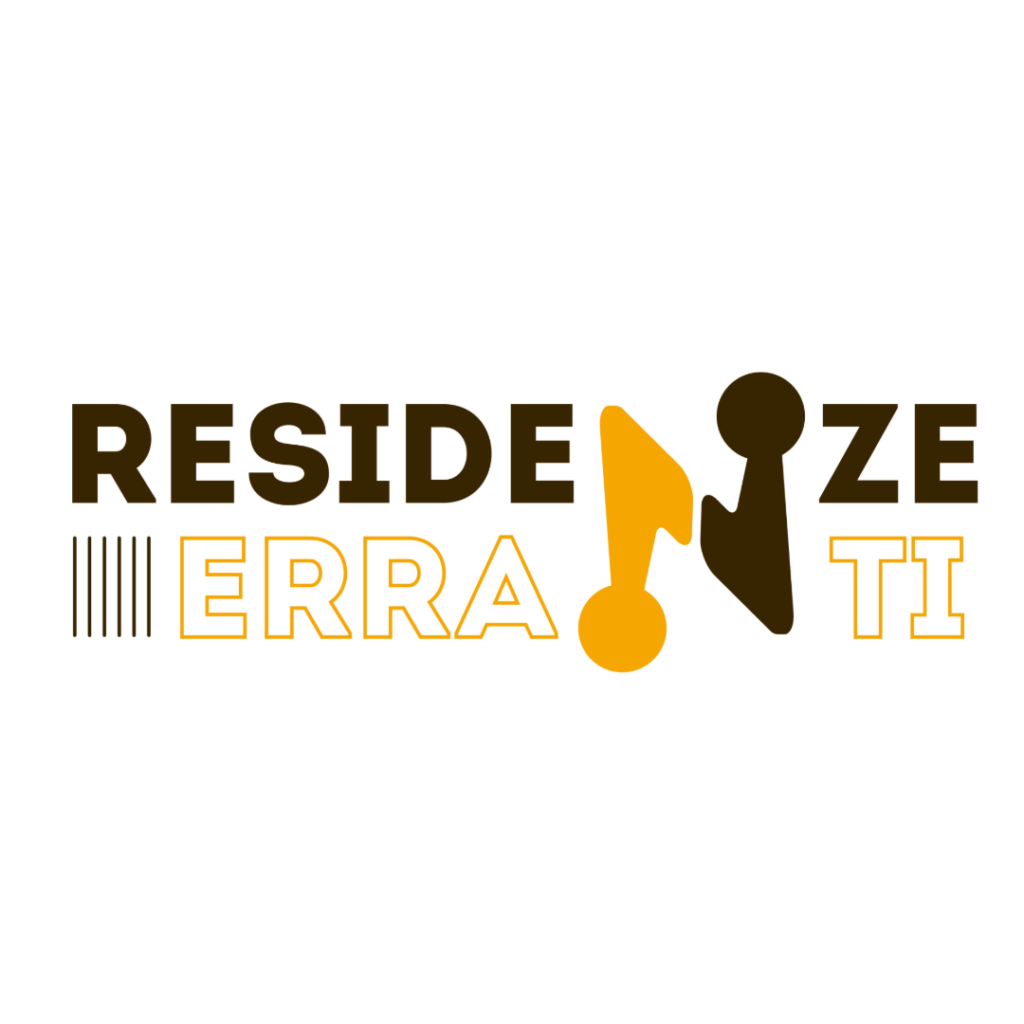“Sentire non sentendo”
Giulia Mazza in conversazione con Francesca Naibo
23 Novembre 2024 - Centro Asteria Milano
Giulia Mazza, violoncellista italiana non udente, è stata la protagonista di un incontro particolare al Festival Corde d’Autunno moderato da Francesca Naibo, in cui ha condiviso col pubblico la propria storia.
Sono tre i personaggi di cui si è parlato, tre donne molto forti: Giulia stessa (con la sua caparbietà e la sua passione sincera per il suono), sua madre (che intuì già a metà anni ’80 che una persona non udente ha diritto ad una vita piena senza limitazioni) e la musicoterapeuta Giulia Cremaschi Trovesi (che in quegli anni gettava le basi per una disciplina innovativa ed avanguardistica, con l’obiettivo di aiutare i non udenti a parlare).
Oltre le parole, vibrazioni tra violoncello e chitarre
Oltre alle parole, l’incontro si è impreziosito della musica che Giulia Mazza ha suonato per il pubblico, di profonde riflessioni su come sia diverso l’obiettivo espressivo di chi ha deficit uditivi e di come il pubblico possa imparare ad accoglierne il messaggio.
I partecipanti sono stati invitati anche ad ascoltare attraverso le vibrazioni: le chitarre, distribuite tra il pubblico, non sono state utilizzate come strumenti musicali nel senso tradizionale, ma come mezzi per captare e trasmettere vibrazioni, rendendo tangibile l’intangibile e percepibile il suono attraverso il contatto con il legno vibrante.
Il percorso verso la musica
Da qualche anno Giulia frequenta il Conservatorio ed ha condiviso le difficoltà incontrate nel tentativo di accedere al mondo normodotato dell’educazione musicale: ha infatti dovuto ripetere l’esame di ammissione per tre volte perchè per la prova del dettato non le era concesso di sedersi vicino al pianoforte per poter sentire meglio. Il pubblico ha anche potuto vedere e comprendere la modifica alla tastiera del violoncello apportata dalla musicista per poter rendere più efficiente l’intonazione delle sue esecuzioni: il Braille Cello.
Con il suo esempio Giulia Mazza sta diventando una figura importante per tante persone, perchè con il suo impegno e la sua esperienza può diventare un modello per chi, in una condizione di disabilità, sente di essere escluso da attività, lavori, possibilità, comunità, ambienti. Lei afferma con il suo agire che si può fare e questo è un passo fondamentale per l’universalità, che tutto il mondo normoudente dovrebbe sostenere ed amplificare.
Evento é stato realizzato con il contributo di Fondo Sordità di Fondazione Comunità Milano e Pio Istituto dei Sordi.

English version
Giulia Mazza, an Italian deaf cellist, was the protagonist of a special meeting at the Corde d’Autunno Festival, moderated by Francesca Naibo, where she shared her story with the audience.
Three strong women were discussed: Giulia herself (with her determination and sincere passion for sound), her mother (who, as early as the mid-1980s, realized that a deaf person has the right to a full life without limitations), and music therapist Giulia Cremaschi Trovesi (who, during those years, was laying the foundations for an innovative and avant-garde discipline aimed at helping the deaf to speak).
Beyond Words, Vibrations Between Cello and Guitars
Beyond words, the meeting was enriched by the music that Giulia Mazza played for the audience, with deep reflections on how different the expressive goals are for those with hearing impairments and how the audience can learn to embrace their message.
Participants were also invited to listen through vibrations: the guitars, distributed among the audience, were not used as musical instruments in the traditional sense, but as tools to capture and transmit vibrations, making the intangible tangible and allowing the sound to be perceived through contact with the vibrating wood.
The Path to Music
For several years, Giulia has been attending the Conservatory and shared the difficulties she encountered in attempting to access the hearing world of music education: she had to retake the entrance exam three times because she was not allowed to sit near the piano during the dictation test to hear better. The audience was also able to see and understand the modification made to the cello’s keyboard by the musician to make her intonation more efficient: the Braille Cello.
Through her example, Giulia Mazza is becoming an important figure for many people because, with her dedication and experience, she can become a role model for those in a disability situation who feel excluded from activities, work, opportunities, communities, and environments. She shows through her actions that it is possible, and this is a fundamental step towards universality, which the entire hearing world should support and amplify.
The event was made possible with the contribution of the Hearing Fund of the Fondazione Comunità Milano and the Pio Istituto dei Sordi.





